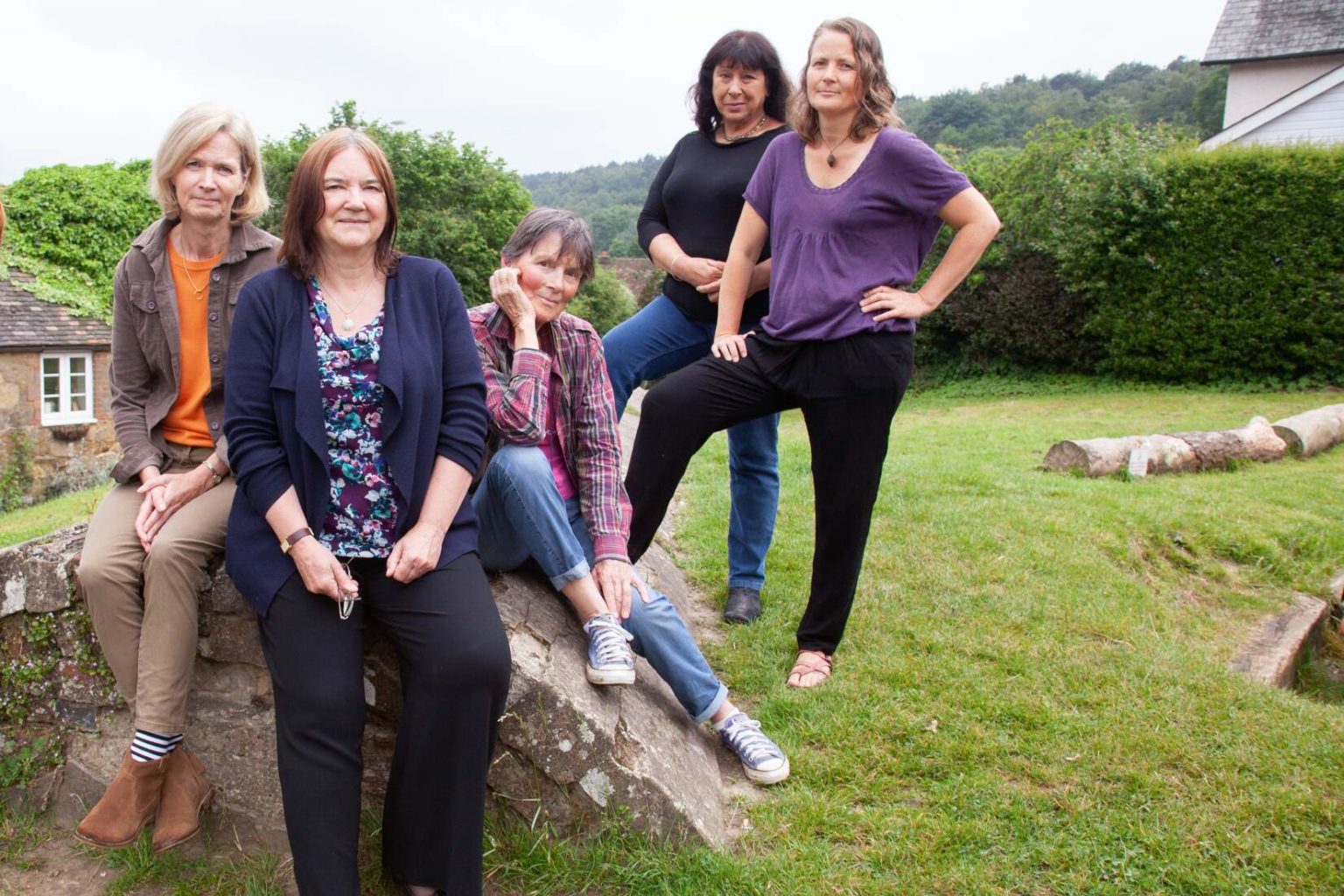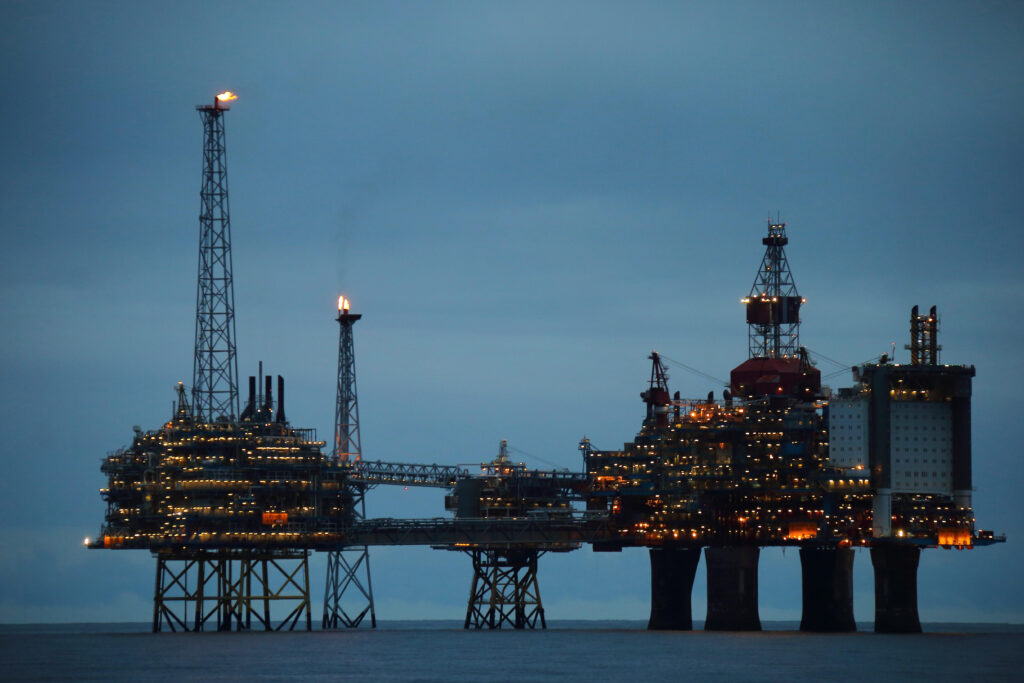Campaigners are celebrating after an oil and gas exploration company was forced to scale back a “draconian” injunction against protesters.
Activists have posed a series of legal challenges to an interim injunction granted to UK Oil and Gas (UKOG) in 2018, that apply to three of its sites in West Sussex and Surrey.
In a dramatic climbdown just days before the next court hearing, the company yesterday announced it planned to remove the ban on “slow-walking” – a tactic used by activists to delay deliveries to oil and gas sites by walking in front of lorries.
‘Victory’
“This is a massive victory,” said Lorraine Inglis, from Weald Action Group. “We’ve been fighting for three years to cut down this draconian injunction – at every court hearing we’ve made progress.”
Campaigners initially challenged the High Court injunction just a fortnight after it was granted. Five women put themselves forward as the named defendants, enabling a challenge to be mounted, and the case was adjourned for a trial in 2022.
Like what you’re reading? Support DeSmog by becoming a patron today!
Initially, the injunction applied to the company’s sites in Broadford Bridge and Markwells Wood in West Sussex, Horse Hill in Surrey and its headquarters in Guildford The named defendants have successfully reduced the injunction’s power in both size and scope, but the injunction still applies to activity at Horse Hill, where UKOG has secured oil drilling rights. However, activity on the site – known as the “Gatwick Gusher” for its extensive hydrocarbon resources – is yet to start.
“This has been an abuse of the injunction process which should only be used to prevent real and immediate threats of unlawful action,” said Ann Stewart, from residents’ campaign group Markwells Wood Watch. “UKOG have basically had an injunction over an empty field for two and a half years.”
The initial injunction followed years of protests at UKOG’s different oil and gas drilling sites, which were predominantly peaceful.
In a statement, the company said it would request that the High Court leave the monitoring of the Horse Hill site to local Surrey police.
UKOG also requested that the High Court “maintain the status quo” and continue the injunction until February 2022, the date fixed for the trial. The company argued this was essential as “unlawful” protests at Horse Hill had continued during the pandemic, claiming that most of the protesters had travelled from outside the local area.
‘Reforms needed’
Environmental campaigners have widely condemned the use of the court order by UKOG, describing it as a “type of abuse”. The Independent reported in 2019 that oil and gas firms had taken out five injunctions covering 16 sites from Lancashire to Surrey to curb protesting in the previous two years.
“This injunction was a classic case of oil companies giving protestors a SLAPP, or strategic lawsuit against public participation,” Mel Evans, oil campaigner for Greenpeace UK, told DeSmog.
“Aside from the immediate threat to the Weald from oil and gas exploration, and to the climate from burning the results, this type of abuse drags the law into disrepute by making it appear to serve corporate agendas over the public good. This particular SLAPP may have been slapped down, but wider reforms to prevent this type of abuse are urgently needed.”
A court hearing is due to take place on Tuesday, when UKOG’s request to alter the injunction will have to be confirmed.
Main image credit: Weald Action Group
Subscribe to our newsletter
Stay up to date with DeSmog news and alerts







